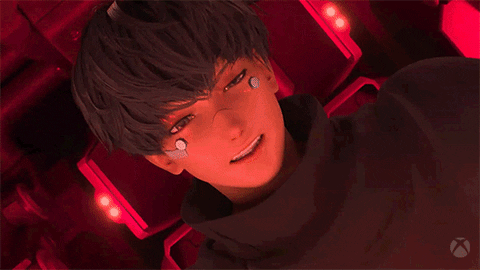Ender's Game, written by Orson Scott Card, is a novel that delves into various social issues through its narrative. The story revolves around young Andrew "Ender" Wiggin who is trained to become a military leader in an interplanetary war against alien races. As we follow Ender on his journey, the book presents several thought-provoking themes that are still relevant today.
One of these themes is the impact of societal expectations and pressure on individuals. From a young age, Ender is pushed into becoming a leader by his family and society due to his exceptional intelligence. This constant expectation leads him down a path where he struggles with feelings of isolation and loneliness while trying to meet everyone's high standards.
Another significant theme explored in the book is power dynamics within groups or societies. The International Fleet, which trains Ender, uses psychological manipulation techniques to control its soldiers. This raises questions about how much authority should be given to those who hold positions of power and whether it can lead to abuse if not checked properly.
Lastly, Ender's Game also touches upon the concept of warfare and violence as a means for resolving conflicts between different societies or nations. The book presents various perspectives on this issue, making readers question their own beliefs about war and its consequences.
In conclusion, Ender's Game offers valuable insights into several social issues that continue to be relevant today. It serves as an excellent tool for sparking discussions around societal expectations, power dynamics, and the use of violence in resolving conflicts.
